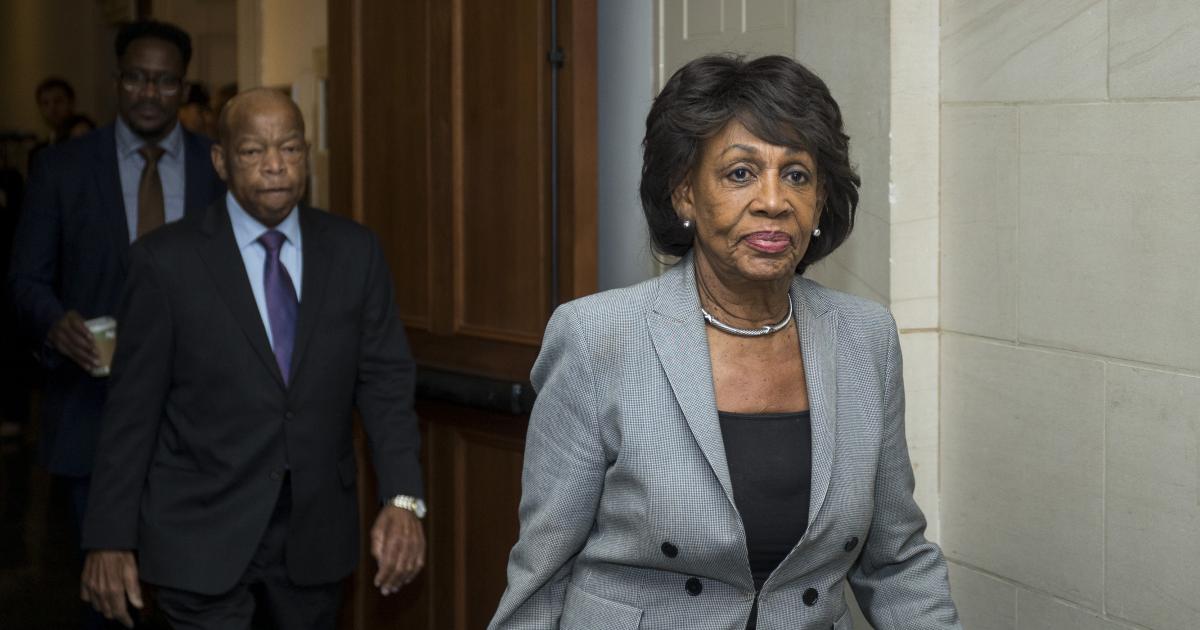
In fact, it was not until two decades after the IPCC’s initial statement that the parties to the United Nations Framework Convention on Climate Change addressed this kind of migration formally in its Cancún Decision. Despite the Intergovernmental Panel on Climate Change’s (IPCC’s) early and repeated statements regarding climate-change impacts on human migration, once qualifying it as the ‘greatest single impact of climate change’, the last quarter century of climate-change law- and policy-making has not fostered robust governance of the emerging phenomenon. more The law on climate-related migration and displacement is notable for its paucity.

The law on climate-related migration and displacement is notable for its paucity. The contamination and obliteration of Marshallese atolls, the long-term environmental dispossession and displacement of islanders, and the impact of the US military presence and foreign aid in the region-together with the legal frameworks that have facilitated these events and processes-are key to understanding the current state of migration and the future well-being of the Marshallese under conditions of climatic change.
Blue planet foundation maxine full#
This “lawscape” provides necessary context for achieving a more comprehensive understanding of the potential future(s) of climate-induced migrants, as well as enacting appropriate policies to meet the material and other needs along their full trajectory of possible migration decisions, including staying in place. more While environmental dynamics are crucial to understanding Marshallese migrants’ decision-making, these factors also interact with a historical and contemporary legal landscape. While environmental dynamics are crucial to understanding Marshallese migrants’ decision-making. Professor Burkett is also a member scholar of the Center for Progressive Reform and the American Law Institute.Prior to her appointment at the University of Hawai‘i, Burkett was an Associate Professor at the University of Colorado Law School. Professor Burkett serves on the boards of the Global Greengrants Fund, ELAW, and the Blue Planet Foundation and is a member of the Independent Advisory Committee on Applied Climate Assessment (formerly the Federal Advisory Committee for the Sustained National Climate Assessment). She was a White House Intern, an Omidyar Fellow, a 2016 recipient of Pacific Business News’ 40 Under 40 award, and a 2017 awardee of Hawaii Business Magazine’s 20 for the Next 20. She served as a law clerk for The Honorable Susan Illston of the United States District Court, Northern District of California. She also attended Exeter College, Oxford University and received her law degree from Boalt Hall School of Law at the University of California, Berkeley. Williams College, which awarded her the Bicentennial Medal for Distinguished Achievement in 2016. She is currently the co-founder and director of the Institute for Climate and Peace.Professor Burkett received her B.A. She directed the completion of several adaptation related policy documents, outreach and education programs, and decision-maker support efforts for Hawai‘i and other Pacific Island nations. As the Director of ICAP, she led numerous projects to address climate change policy and planning for island communities globally. From 2009-2012, Professor Burkett also served as the inaugural Director of the Center for Island Climate Adaptation and Policy (ICAP).

Burkett is the youngest recipient of the Chair.

Other Wayne Morse Chairs include Charles Ogletree, Jr., Vandana Shiva, Barbara Ehrenreich, and former Senator Russ Feingold. She has been cited in numerous news and policy outlets, including BBC Radio, the New York Times, the Washington Post, International Business Times, and Nature Climate Change.In 2010, Burkett served as the Wayne Morse Chair of Law and Politics at the Wayne Morse Center, University of Oregon, for the Center’s “Climate Ethics and Climate Equity” theme of inquiry. Professor Burkett has presented her research throughout the United States and in West Africa, the Asia-Pacific region, Europe, and the Caribbean. An expert in the law and policy of climate change, she has written extensively in diverse areas of climate change law with a particular focus on climate justice-exploring policy responses to climate change’s impacts on vulnerable communities in the United States and globally. At Richardson, she teaches Climate Change Law and Policy, Torts, Ocean and Coastal Law, and International Law. Richardson School of Law and a Global Fellow at the Woodrow Wilson International Center for Scholars. Maxine Burkett is a Professor of Law at the William S.


 0 kommentar(er)
0 kommentar(er)
